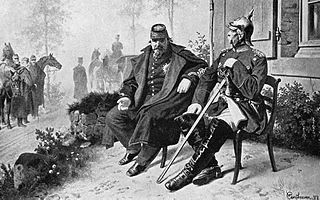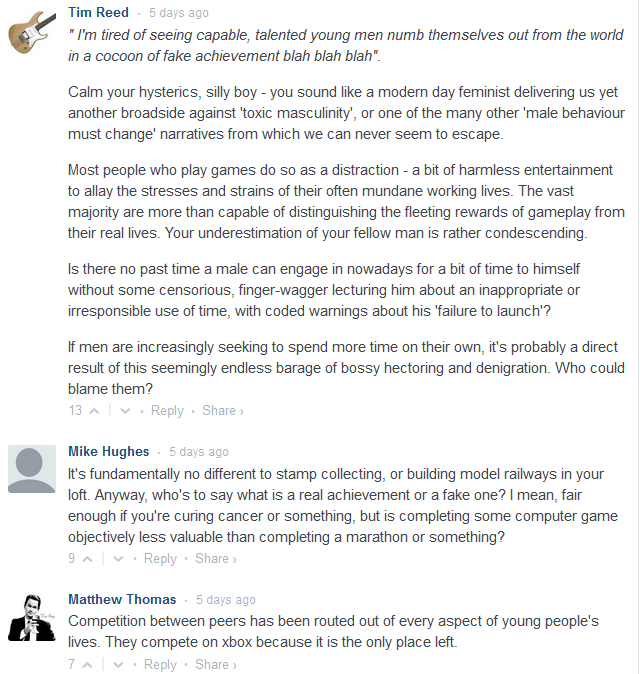Did you read that headline? I certainly didn’t. And I wrote copy’n’pasted it. Have you ever heard of either of those organizational entities? I hadn’t until I read Colby Cosh’s article.
A wire story by The Canadian Press’s Joan Bryden arrives over the transom. Let me quote briefly from Bryden’s copy, as an exercise in describing how news sausage is sometimes ground. “An international report says Canada has taken ‘commendable’ steps to safeguard this fall’s federal election from foreign interference. But the report says this country needs to do more to regulate social media giants and should impose ‘major sanctions’ on those that fail to control fake news and other forms of disinformation on their platforms.”
An international report says Canada is vulnerable to fake news! Food for thought. But as I was mulling over this dread warning about sensationalistic information from questionable sources, a skeptical question came to mind: what is “an international report” exactly?
Bryden goes on to tell us, sort of: “The report,” she writes, “is part of a series of assessments conducted by the Centre for International Governance Innovation and the Transatlantic Commission on Elections Integrity for the Alliance of Democracies Federation.” Show of hands: how many of you found it possible to read that sentence without falling asleep? Don’t worry, you weren’t meant to read it — just to absorb its general miasma of seriousness.
Ottawans will know the Centre for International Governance Innovation: it is, essentially, a big pile of Jim Balsillie’s money, and ours. There is a CIGI Campus in Waterloo, Ont., built by Balsillie with matching funds from the provincial and federal governments, that contains the CIGI think-tank and collects rent from the U of W and Wilfrid Laurier U. The Transatlantic Commission on Election Integrity is another think-tank, an international one established amidst post-Trump panic by a range of institutions that includes Microsoft, BMW and other global companies and nonprofits.
Bill Gates didn’t write the “international report.” The report says it was “submitted to TCEI by Allan Rock, TCEI member.” Mr. Rock was, you may recall, a key figure in Jean Chrétien’s cabinet and then president of the University of Ottawa. He “submitted” the report … but did he write it? What the text says is that research and writing done by two University of Ottawa law students “were essential to the preparation of this report … Allan Rock expresses his sincere appreciation for their excellent work.”
So, yeah: it’s a jeremiad against fake news that is pretty much just a long op-ed written on contract by two underpaid young Canadians. After a few impressive-sounding (and foreign-funded) brand names are tacked on, this ends up in your newspaper as a distinguished “international report” justifying draconian regulation of social media.
The “news sausage” comment is a reference to a quote frequently (but apparently mistakenly) attributed to German Chancellor Otto von Bismarck, that laws and sausages are things you should never watch being made.













